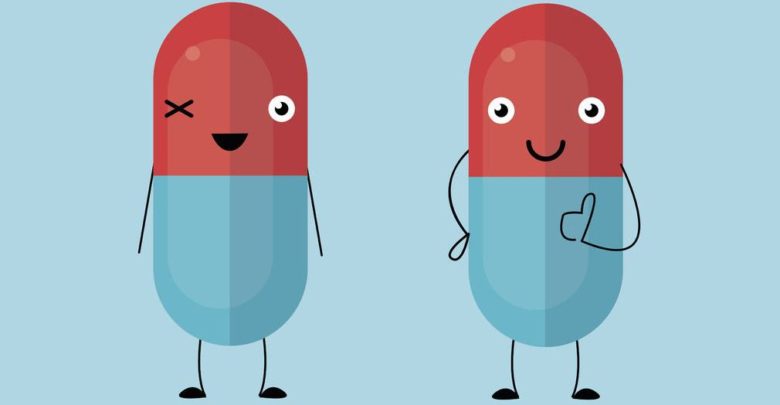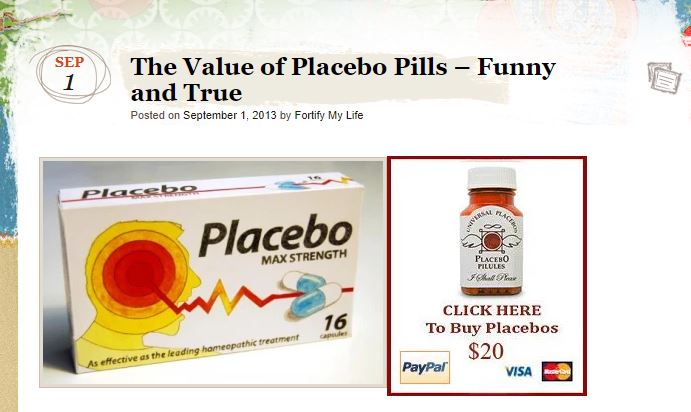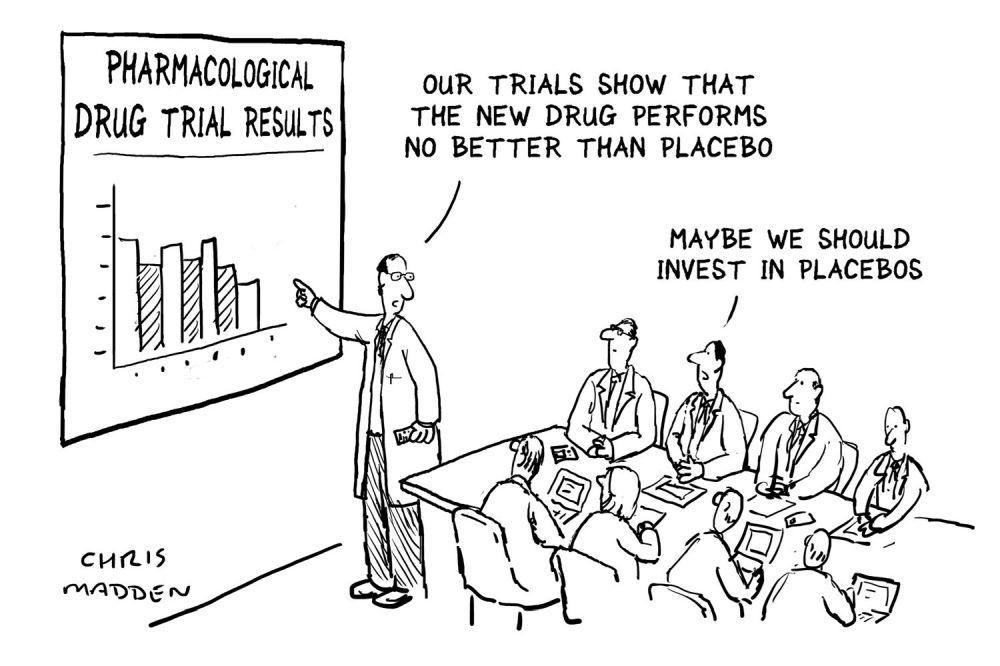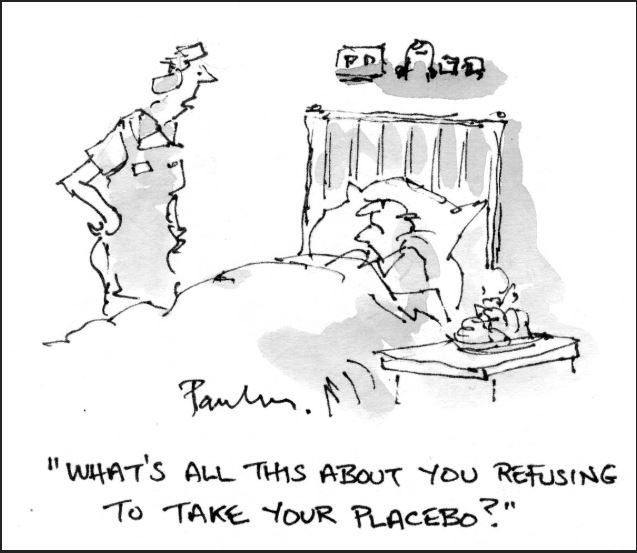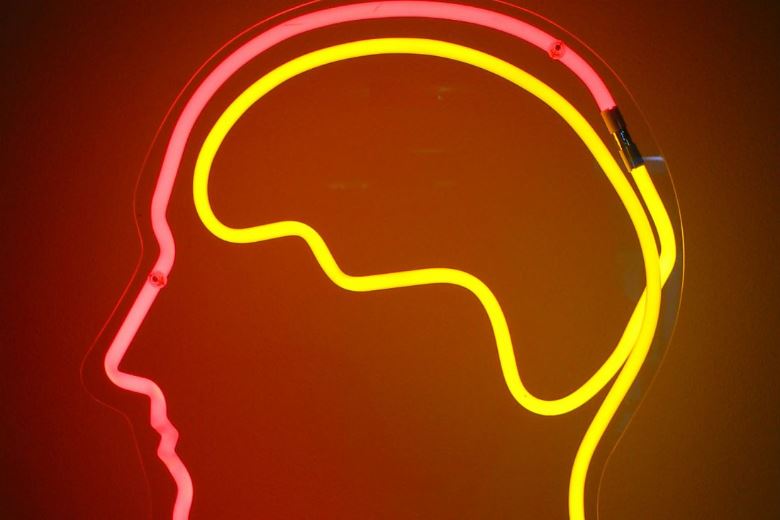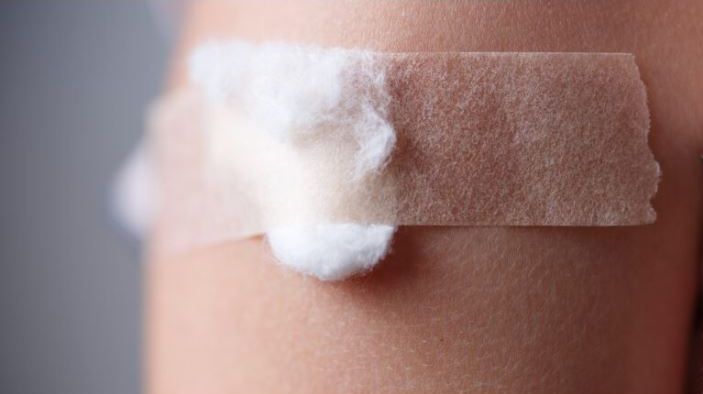
In this article the author argues strongly against using the ‘double blind placebo controlled’ methodology in testing the effectiveness of the numerous vaccines now in the works.
” … the use of a placebo in a challenge trial for a Covid-19 vaccine is both pointless and ethically questionable.
We’ll use a deliberately simplistic analogy to help explain why. Suppose we need to test a new type of parachute during wartime, when a better parachute happens to be urgently needed. Sooner or later it will have to be tried in a real jump. But we won’t let that happen until we are already quite sure it is going to work. And we are certainly not going to give dummy parachutes to a control group, randomly selected from a group of volunteers. We already know what will happen to them.”
While this logic may hold, as far as testing vaccines go, but we wonder if there’s space to think that, at least for symptoms if not the condition itself, placebos might have a place? After all, nobody yet understands how an intangible input like a placebo actually seems to cause real effects in the material world …


